The artist’s latest show An Ominous Presence explores the tension between desire, identity, and the act of image-making
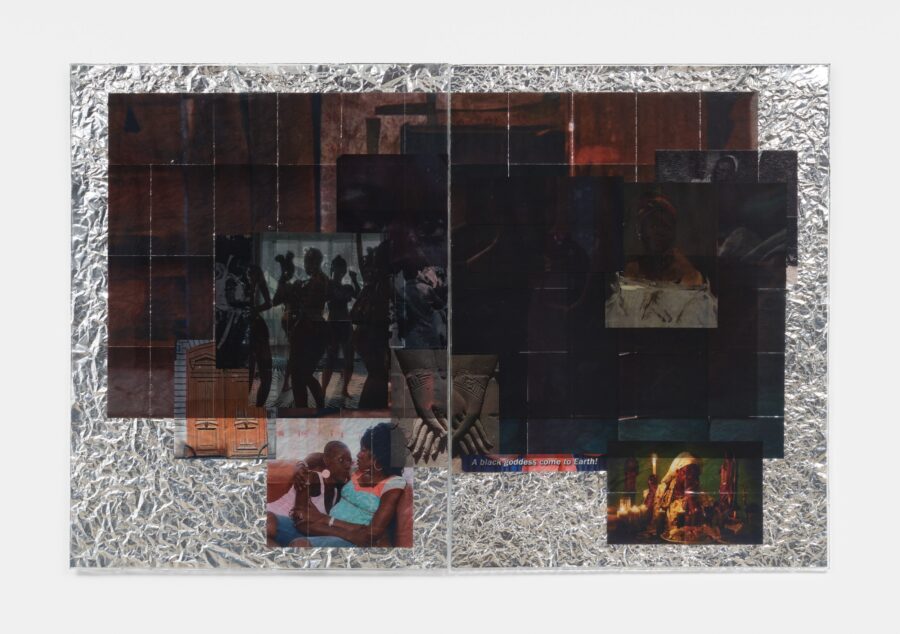

The artist’s latest show An Ominous Presence explores the tension between desire, identity, and the act of image-making
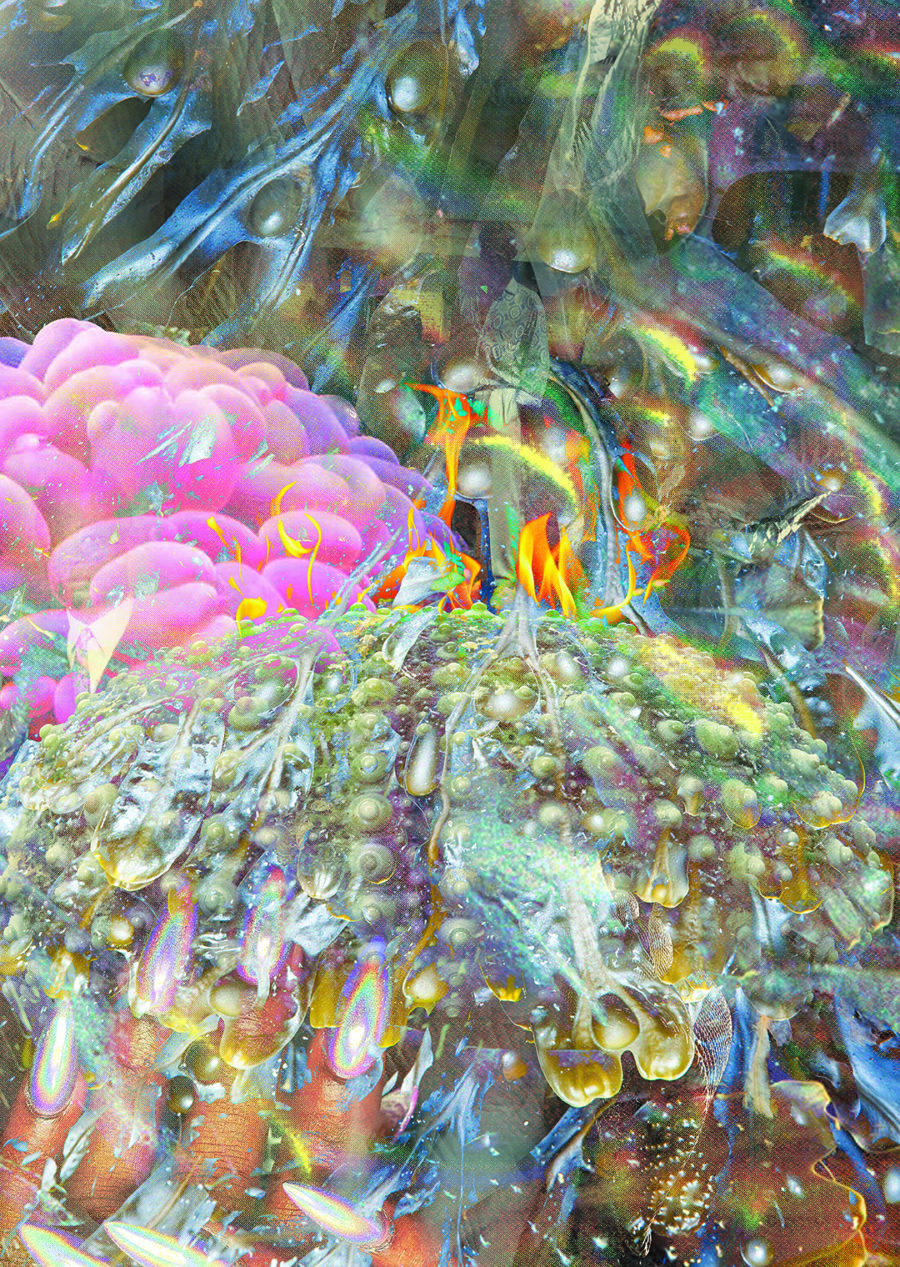
The France-based artists creates fictional narratives between the past and present by drawing on mythical and historical references while also aligning with the Afrofuturism movement.
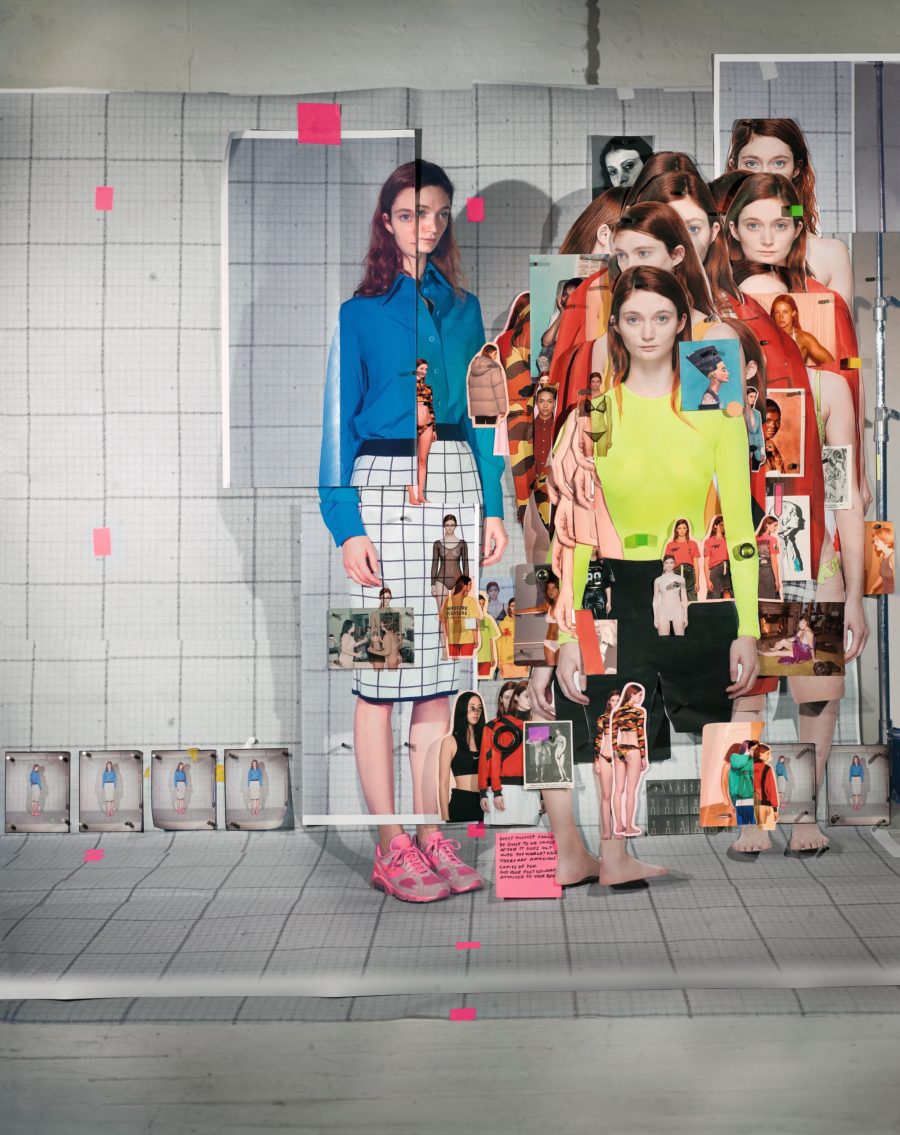
The Canadian photographer observes her own life to explore the commodification of our personal data and way of being
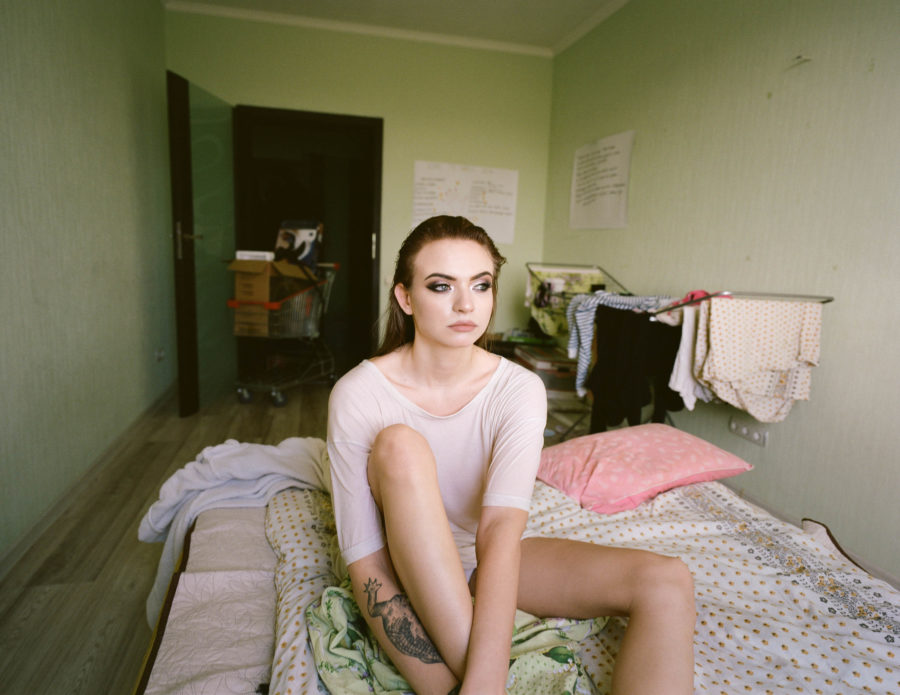
Lupu’s ethereal images straddle fantasy and reality, capturing the liminality of an increasingly online world
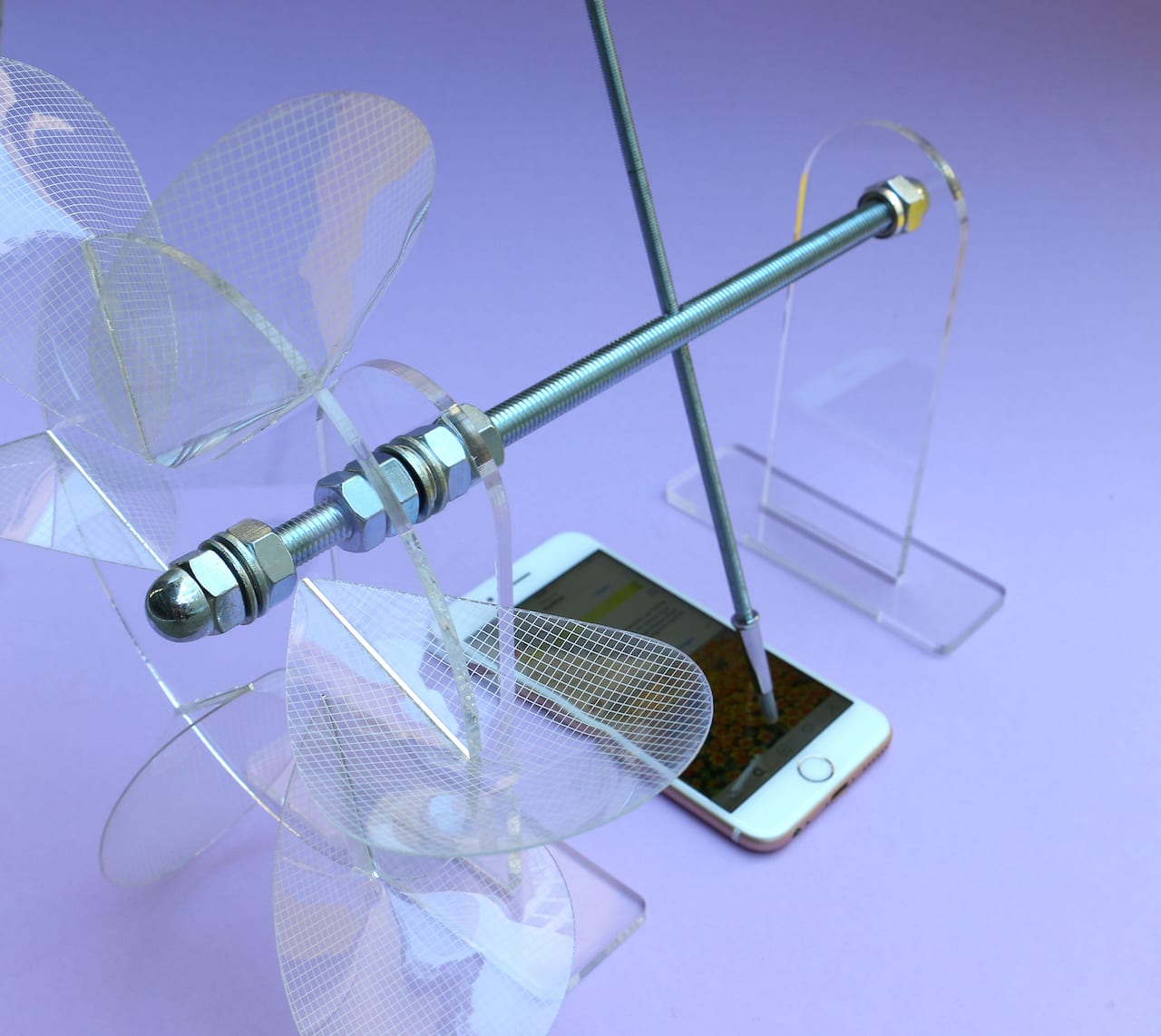
“What do I know about it? All I know is what’s on the internet.” So said Donald Trump in an interview in March 2016, after he was confronted about the legitimacy of a video he had tweeted, along with the claim that the protester it depicted was a member of ISIS. The video has since been proved as a hoax, neatly demonstrating the difficultly of navigating between truth and fiction in today’s digital landscape. In a world where even a layperson can manipulate images on their phone, and spread them to thousands of fake followers with one click, how can we begin to know what is #real?
It’s the kind of question that All I know is what’s on the Internet will pose, a new exhibition opening at The Photographers’ Gallery, London including work by 11 artists and collectives. It includes “social media machines” made by Australian designers Stephanie Kneissl & Maximilian Lackner, built to maximise activity and likes; and wall-mounted installations by Eva and Franco Mattes that reveal the lesser-known, surprisingly personal, world of online content moderators. Curated to draw attention to the neglected corners of digital image production, the show helps visualise the vast infrastructure of online platforms, and the enormous amount of human labour needed to keep it churning.
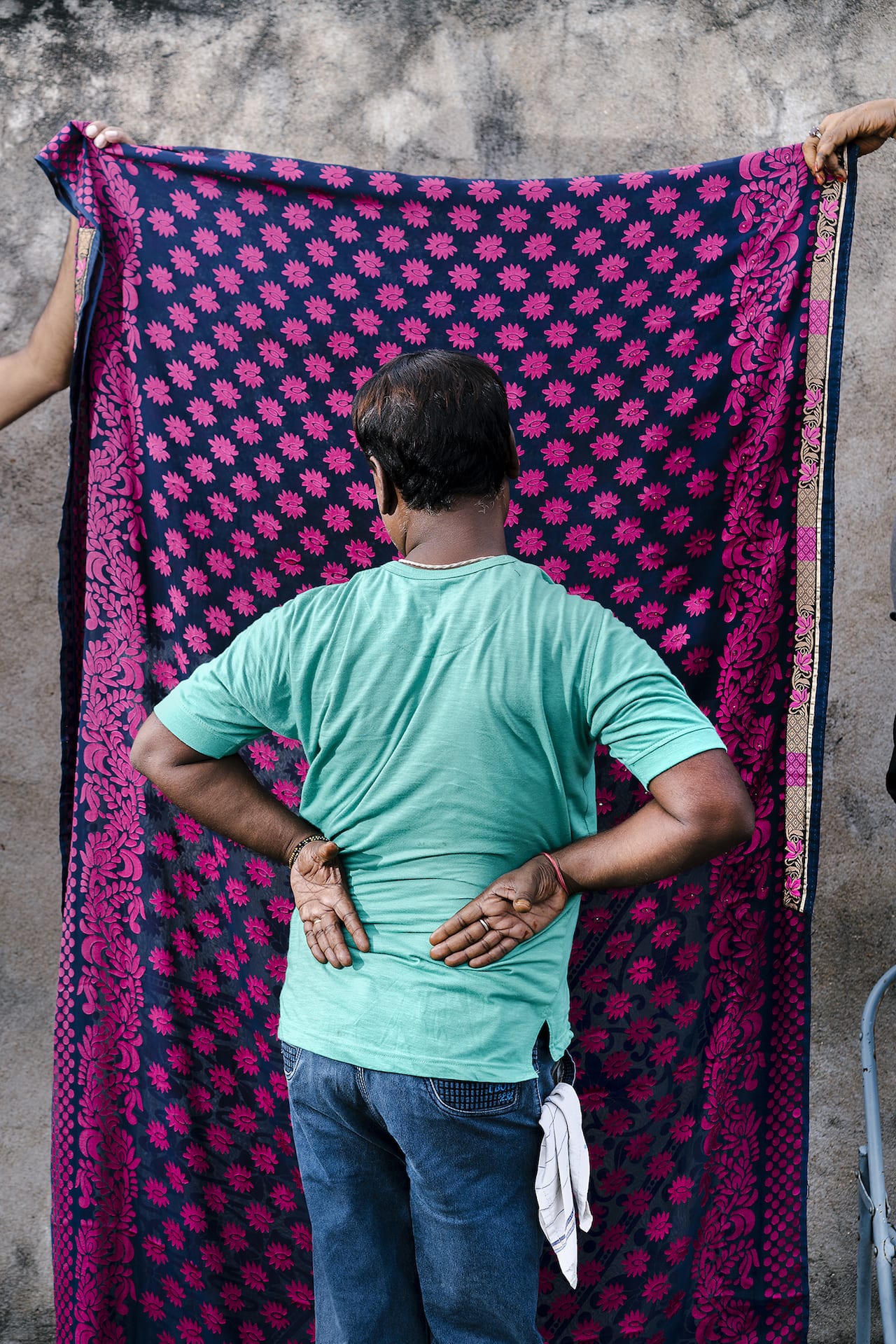
As the apps we use become a bigger part of our daily routines, the line between our digital and real lives is increasingly blurred. “But there’s a tension point where privacy comes in which makes everything even more complicated,” says VICE editor in chief Ellis Jones. How much of ourselves do we share publicly and how do we decide which pieces to share? Which labels do we use to describe ourselves? And how do we avoid others imposing labels onto us? These are a few of the questions posed in “The Privacy and Perception Issue”, VICE’s annual photography magazine.
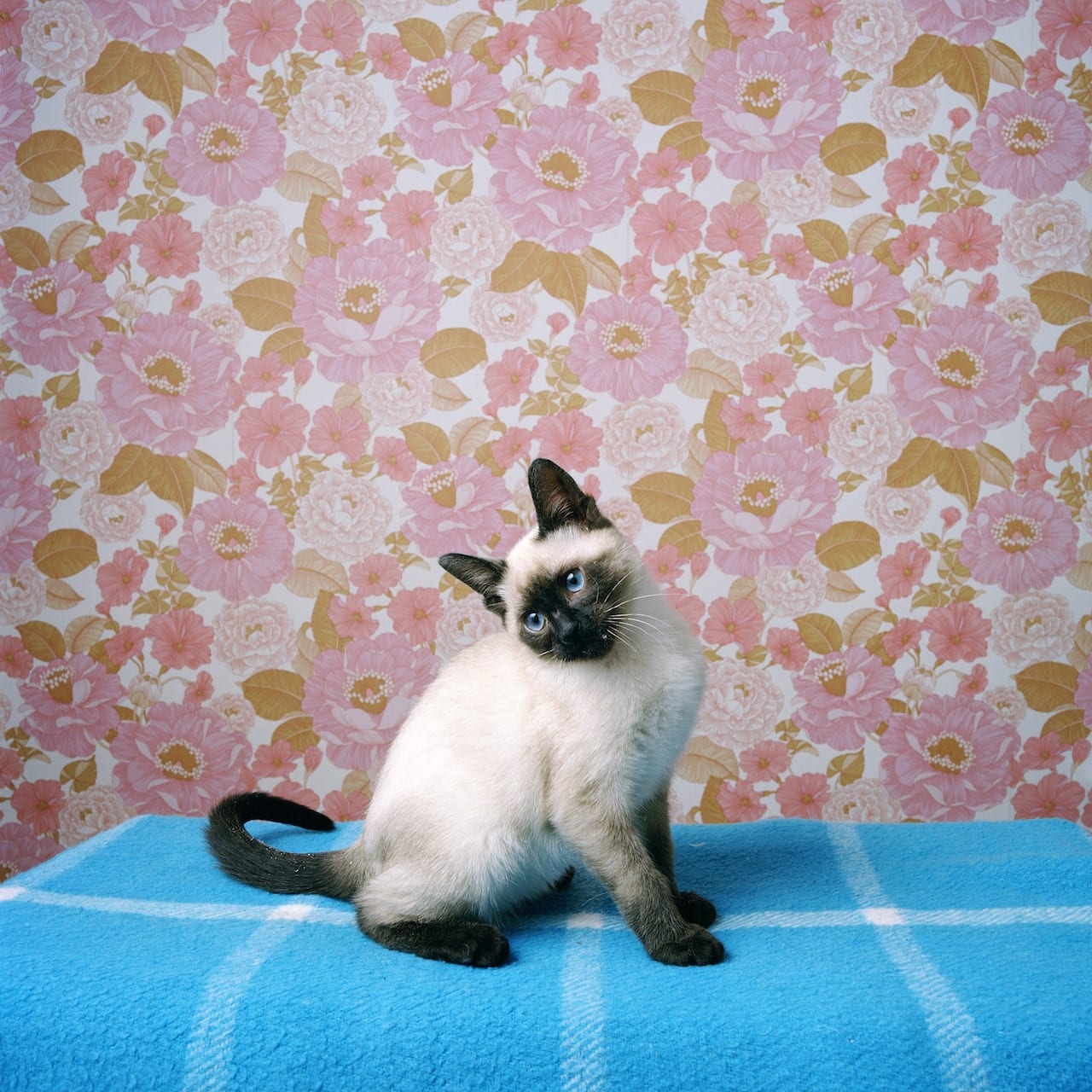
The internet is used for millions of things by billions of people on a daily basis. More important than the latest news update though is our obsession for cats and the proliferation of feline-based jokes knows no bounds. In a new photobook, Humble Cats, Jon Feinstein hopes to move beyond just the meme-based disposable photos of our furry friends and see what potential these companions have to inspire artistic photographs.